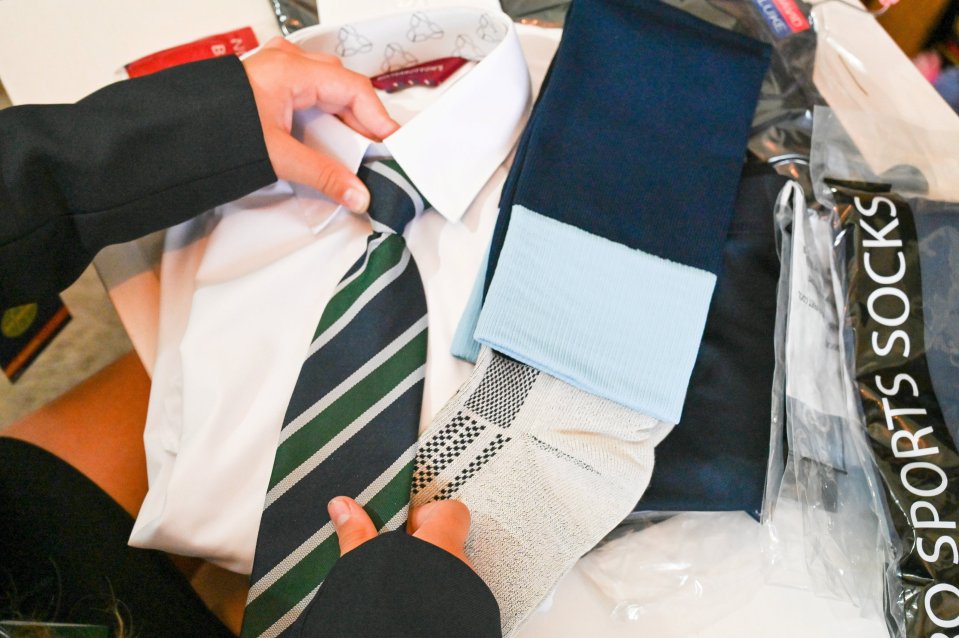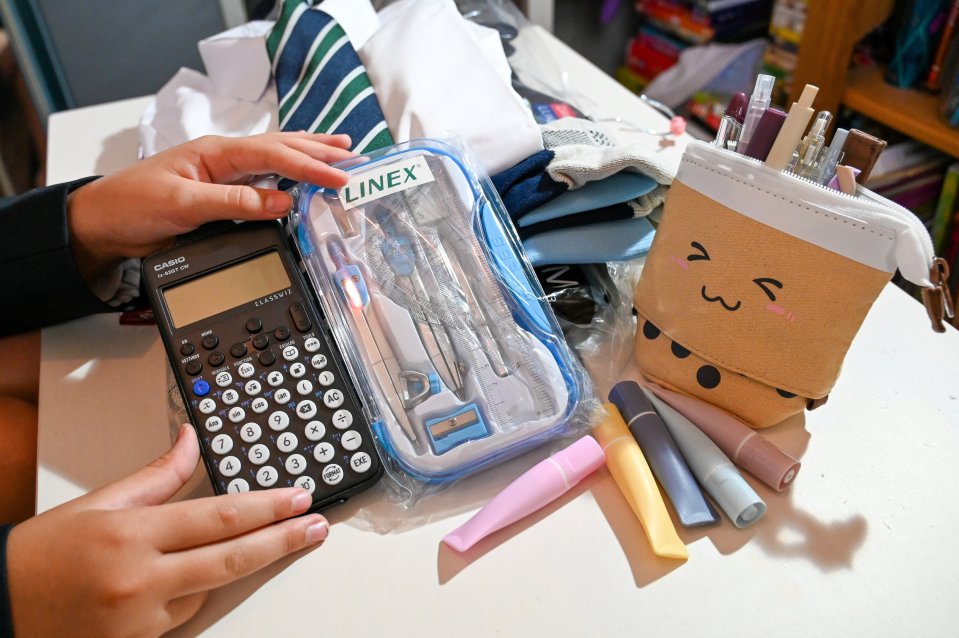Four children in every British classroom are living in hygiene poverty, according to research.
A major report has found 21 per cent of affected kids don’t play with others because they’re worried about what they might think.
The issue affects 14 per cent of children across Great Britain in total, with 20 per cent of these going without essentials like toothpaste or deodorant, on a monthly basis.
According to A Clean Start in Life, a report delivered in partnership with Children North East, almost 350,000 children can’t always get to school due to not having a clean school uniform.
The study surveyed 1073 children aged 6-15 and was commissioned by charity in Kind Direct.
Their CEO Michael Gidney said: “Children are sharing toothbrushes, worrying about standing out at school for the wrong reasons and families are having to choose between eating and keeping clean – impossible choices no one should have to face.
“As well as surveying young people online, we spoke directly to children across England who told us hygiene poverty is damaging childhoods, and no one should feel embarrassed to ask for help.
“Our immersive ‘Not a Choice’ campaign at Bluewater shopping centre aims to bring this hidden crisis into a public space, where we all engage with hygiene products daily.
“By amplifying the voices of children and real experiences in the shopping centre restrooms, we hope to create a moment of reflection for visitors before asking them to help us end hygiene poverty.”
Until May 11, visitors to the Bluewater shopping centre’s restrooms, a space where hygiene essentials are often taken for granted, will hear voices and experiences of children having to face uncomfortable choices every day, such as skipping PE out of fear of being called smelly.
It is hoped the voices will encourage shoppers to stop, listen and take action to help end hygiene poverty for the 1.1m children living in it.
The report went on to find 26 per cent of children living in hygiene poverty suffer from low self-confidence, and 17 per cent have felt embarrassed and ashamed.
Nearly a fifth (15 per cent) of children battling it have had to share individual-use products like a toothbrush with their family, with 16 per cent having to wear the same clothes for multiple days in a row.
Just under one in 10 (nine per cent) have also faced issues with bullying related to their lack of hygiene products.
Further in-person sessions were conducted with 103 children and young people aged 5-18 (or up to 25 for some with special needs), to gather their experience of hygiene poverty.
Meetings were designed by Children North East, and were held in the North East, East and West Midlands, London and the South West, in schools, colleges, youth and sports clubs.
Leigh Elliott, CEO at Children North East, said: “The shame and stigma attached to wearing a dirty school uniform or having greasy hair can be an unbearable burden for our children and young people.
“This research, along with our Poverty Proofing consultations with thousands of UK pupils, reveal that an increasing number of children are facing this reality.
“Every baby, child and young person should be able to live a happy, healthy childhood, yet children have told us hygiene poverty is impacting their mental health and school attendance.
“By lifting families out of poverty, we can help protect young lives from the lasting impacts of not being able to access everyday necessities.
“Children North East is proud to have worked in partnership with In Kind Direct to conduct this research with children and young people, and we hope their voices will drive meaningful change.”














